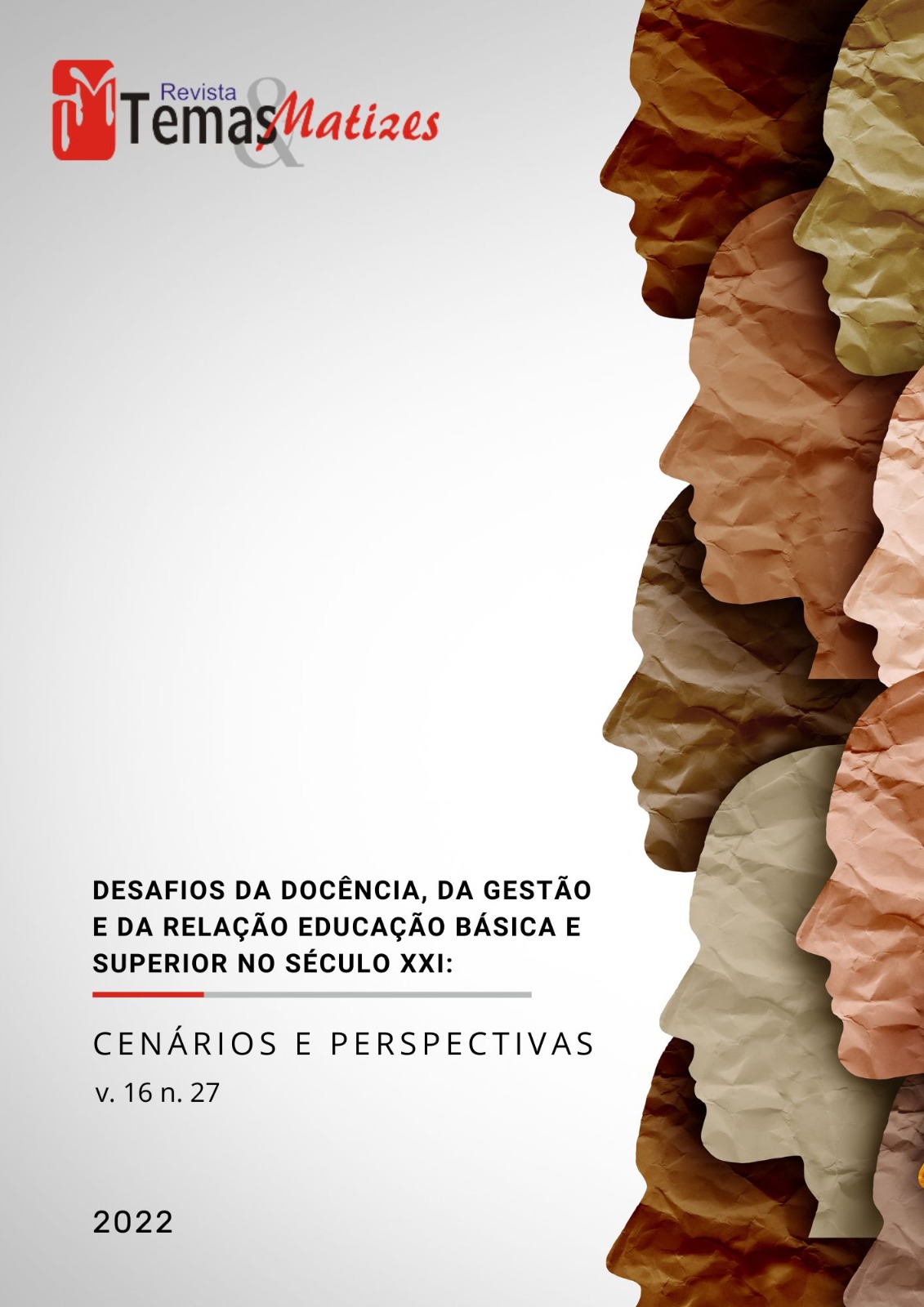Diálogo entre Freire e Lévinas como estratégia de responsabilidade e respeito ao outro na educação
DOI:
https://doi.org/10.48075/rtm.v16i27.30002Abstract
The article aims to analyze, in the field of philosophy and education, dialogue as a strategy of responsibility and respect for the knowledge of the other, either teachers or students. To support the discussion, we resorted to the philosophical contributions of Emmanuel Lévinas, in the works in which the word can be understood as the origin of the meaning of the instruments of human works, because it is through the origin of the meaning that the renvoi system reduces all meaning that receives the principle of its foundation, its key, which brings us closer to the work of the philosopher and educator Paulo Freire and his contributions to the field of education. In Paulo Freire, the conception of dialogue appears not only as a meeting of two subjects who seek the meaning of things - knowledge - but also as an encounter that takes place in praxis - action-reflection, in engagement, in commitment to the social transformation. And from there, to conceive dialogue as a strategy based on otherness as a foundation of justice and ethics or, in other words, as an ethical foundation, recognizing it as a fundamental principle of Philosophy itself, understood from the fraternal responsibility face to face , that is, the capacity for the realization of justice and fraternal humanity. Dialogue provides the encounter of the Same with the Other in which the Same is not reduced to the Other, to the sameness, but, on the contrary, listens to his speech, says his speech. There is no dialogue, however, if there is not a deep love for the world and for men. It is not possible to pronounce the world, which is an act of creation and recreation, if there is no love that infuses it, asserts Freire. Being the foundation of dialogue, love for the Other is dialogue with oneself, with the other and with the world.
Downloads
Published
How to Cite
Issue
Section
License

This work is licensed under a Creative Commons Attribution-NonCommercial-ShareAlike 4.0 International License.
Aviso de Direito Autoral Creative Commons
Política para Periódicos de Acesso Livre
Autores que publicam nesta revista concordam com os seguintes termos:
1. Autores mantém os direitos autorais e concedem à revista o direito de primeira publicação, com o trabalho simultaneamente licenciado sob a Licença Creative Commons Attribution que permite o compartilhamento do trabalho com reconhecimento da autoria e publicação inicial nesta revista.2. Autores têm autorização para assumir contratos adicionais separadamente, para distribuição não-exclusiva da versão do trabalho publicada nesta revista (ex.: publicar em repositório institucional ou como capítulo de livro), com reconhecimento de autoria e publicação inicial nesta revista.
3. Autores têm permissão e são estimulados a publicar e distribuir seu trabalho online (ex.: em repositórios institucionais ou na sua página pessoal) a qualquer ponto antes ou durante o processo editorial, já que isso pode gerar alterações produtivas, bem como aumentar o impacto e a citação do trabalho publicado (Veja O Efeito do Acesso Livre).
Licença Creative Commons
Esta obra está licenciada com uma Licença Creative Commons Atribuição-NãoComercial-CompartilhaIgual 4.0 Internacional, o que permite compartilhar, copiar, distribuir, exibir, reproduzir, a totalidade ou partes desde que não tenha objetivo comercial e sejam citados os autores e a fonte.


